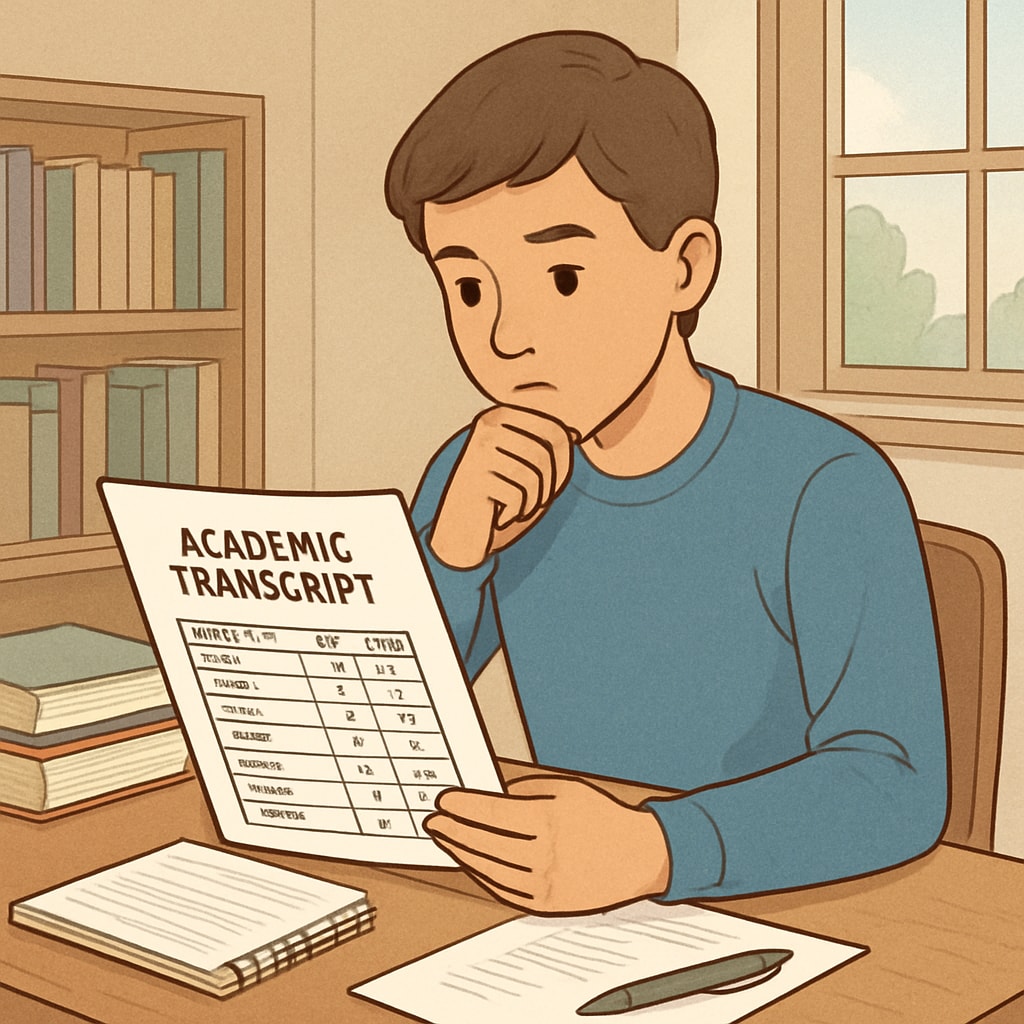When it comes to Harvard admissions, many students wonder if a single low grade, such as a C+, can derail their chances of acceptance. While academic performance is undoubtedly a critical element of any application, elite universities like Harvard employ a holistic review process that considers much more than just grades. In this article, we’ll explore the reality of how a C+ affects Harvard admissions, the role of CALM (Career and Life Management) courses, and whether retaking a class is the best option. We’ll also provide practical strategies for students aiming to maximize their academic potential.
Does a C+ Spell the End of Your Harvard Dream?
It’s natural to feel concerned about a low grade, especially when aiming for top-tier schools like Harvard. However, admissions committees at elite universities prioritize a holistic approach, evaluating candidates based on a variety of criteria, including extracurricular achievements, leadership qualities, community involvement, and personal essays. While consistent academic excellence is important, one C+ is unlikely to be the sole reason for rejection.
For example, a student with a C+ in a CALM course may still showcase strengths in advanced placement classes, demonstrate a compelling passion project, or hold leadership roles in impactful organizations. Harvard seeks well-rounded individuals who exhibit resilience, intellectual curiosity, and the ability to contribute meaningfully to their community. Therefore, while a C+ may raise a question, it’s the overall application that ultimately determines admission.

Should You Retake a Course with a C+ Grade?
Whether to retake a course largely depends on your academic goals and the specific context of the grade. If the course is foundational to your intended major or directly impacts your GPA, retaking it might be a wise decision. However, if the grade is in a less critical subject, such as a CALM course, it’s worth considering whether your time could be better spent excelling in other areas or pursuing extracurricular activities.
Here are some factors to consider when deciding whether to retake a class:
- Impact on GPA: Will retaking the course significantly improve your overall GPA?
- Relevance to Major: Is the course essential for your intended field of study?
- Time and Resources: Would retaking the course detract from other valuable opportunities, such as internships or leadership roles?
- Alternative Solutions: Can you address the grade through other means, such as excelling in higher-level courses?
Ultimately, admissions officers are likely to appreciate a student’s ability to learn from setbacks and demonstrate growth. If retaking a course shows commitment and improvement, it can be a positive decision. However, focusing on other aspects of your application may equally mitigate the impact of a low grade.

Long-Term Strategies for Academic and Personal Success
Regardless of whether you choose to retake a course, developing a strong long-term strategy is essential for building a competitive college application. Here are some tips to help you prepare:
- Focus on Your Strengths: Highlight your academic and extracurricular achievements to balance any shortcomings.
- Craft a Compelling Essay: Use your personal statement to address challenges and showcase your growth.
- Pursue Leadership Roles: Demonstrate initiative and impact in community projects or organizations.
- Seek Mentorship: Work with teachers, advisors, and mentors to strengthen your skills and refine your applications.
In addition, consider researching Harvard’s admissions criteria and seeking guidance from reliable sources, such as Britannica’s entry on Harvard University or Wikipedia’s overview of college admissions in the U.S.. These resources can provide valuable insights into how elite universities evaluate candidates.
As a result of careful planning and perseverance, students can overcome minor setbacks like a C+ and still present a strong case for admission to top-tier schools.
Key Takeaway: A single low grade is not the end of the road for Harvard admissions. By focusing on holistic development and demonstrating resilience, students can achieve their dreams despite challenges.


